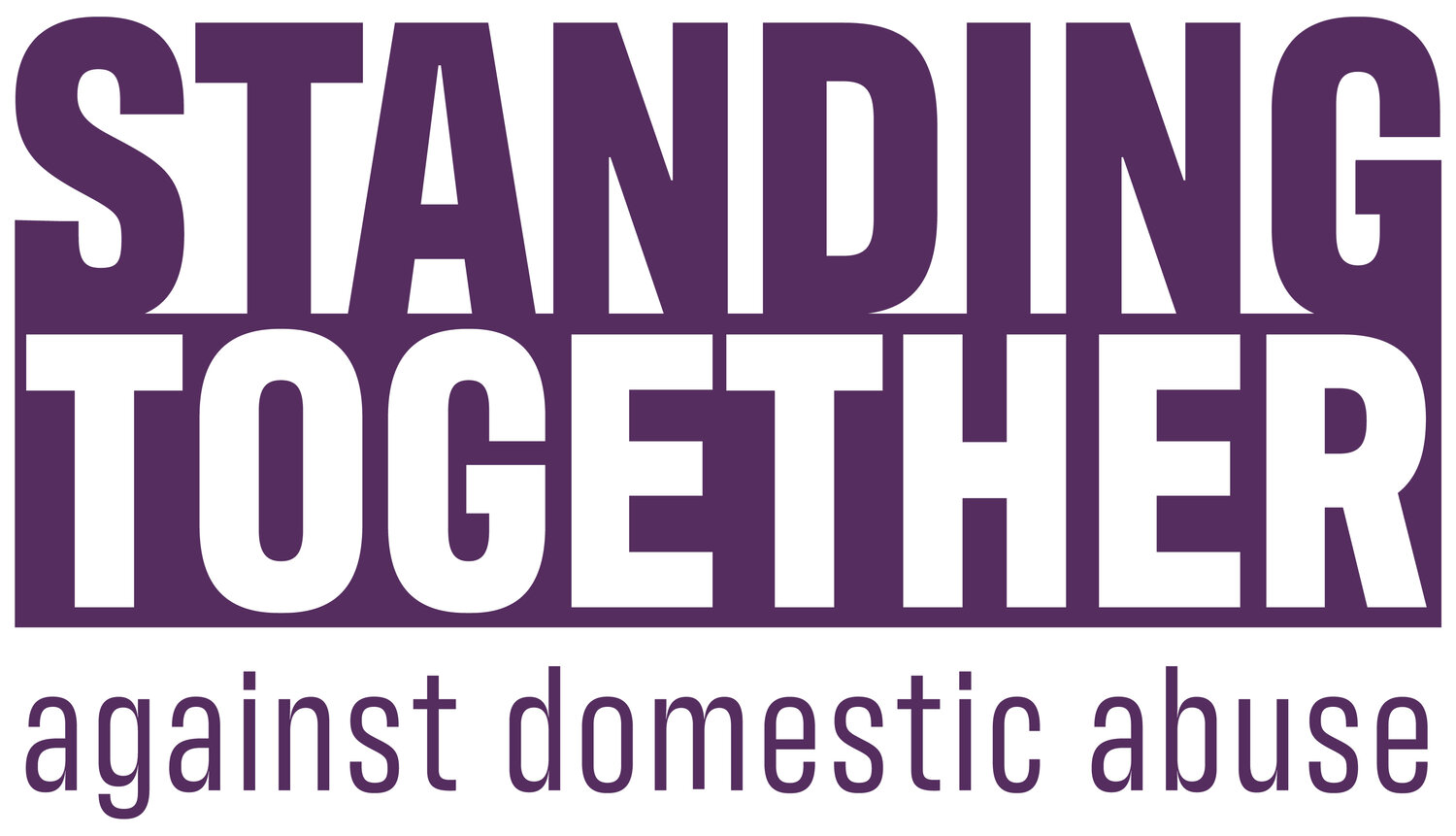A Future Free from Domestic Abuse – Our Pledge for International Women’s Day 2025
On International Women’s Day 2025, Standing Together Against Domestic Abuse (STADA) reaffirms its unwavering commitment to eradicating gender-based violence and domestic abuse. This day is not just a celebration of progress but a reminder of the work still needed to achieve a world where every individual—regardless of age, gender, race, or background—can live free from fear, violence, and oppression.
Our vision is clear: a world where domestic abuse is no longer tolerated, where survivors are empowered, perpetrators are held accountable, and systemic inequalities are dismantled. This vision drives every policy, partnership, and action we take.
1. Survivors First: Advocacy & Change
Survivors are at the heart of everything we do. We commit to centring their lived experiences in shaping policies, services, and legal frameworks.
We demand stronger legal protection, sustainable funding, and survivor-centred policies at every level—local, national, and international.
We advocate for trauma-informed, intersectional approaches that recognise the unique challenges faced by survivors with protected characteristics. This includes those from diverse communities, including women of colour, LGBTQ+ individuals, disabled people, and those from marginalised socioeconomic backgrounds.
We challenge systemic barriers that silence marginalised voices, ensuring gender equality, justice and equity for all.
2. Strengthening Partnerships & Securing Sustainable Resources
We leverage our strategic position to foster multi-agency collaboration across healthcare, law enforcement, social services, education, and the justice system.
We pioneered and continue to champion the Coordinated Community Response (CCR) model, ensuring cross-sector responsibility in preventing abuse, supporting survivors, and holding perpetrators accountable.
We emphasise the statutory requirement to collaborate, ensuring that domestic abuse is addressed through sustained, integrated partnerships that leave no survivor behind.
We lobby for sustainable, long-term funding for domestic abuse services, specialist interventions, and survivor support programs.
We push for integrated commissioning models to ensure consistent, high-quality services across all regions, because geography should never determine access to safety.
3. Accountability & Prevention
We lobby for the full implementation of recommendations from statutory reviews to prevent future domestic abuse related deaths
We demand stronger accountability measures that ensure agencies act on lessons learned from DARDR (Domestic Abuse Related Death Reviews), ensuring no warning signs are ignored.
We call for improved risk assessment, mitigation, and intervention strategies to ensure early identification and action in domestic abuse cases, preventing escalation to domestic abuse-related deaths—because every life lost is one too many.
We advocate for a national policy framework that prioritises survivor safety, recovery, mental health support, and perpetrator accountability.
4. Training for Impact
We provide specialist training to professionals across healthcare, social care, housing, law enforcement, education, and workplaces, ensuring early intervention and improved responses to domestic abuse.
We work to embed domestic abuse awareness and trauma-informed practices in mandatory professional training across all sectors.
We advocate for system-wide cultural change through education, public awareness campaigns, and community engagement, because prevention starts with understanding.
5. Stronger Together: A Global Movement
Domestic abuse is a global issue requiring cross-border cooperation and knowledge-sharing.
We stand in solidarity with international feminist movements working to combat gender-based violence, because no survivor should fight alone.
We support global partnerships to share best practices, advocate for legal reforms, and amplify survivor voices.
We commit to engaging in international policy discussions to shape effective, survivor-centred responses worldwide.
A Vision for International Women’s Day 2025 and Beyond
On International Women’s Day 2025, we reflect on the progress made and the work still to be done. This day is a call to action—a reminder that gender equality cannot be achieved without addressing domestic abuse. Our vision is not just a dream; it is a roadmap for change.
We envision a world where domestic abuse and other forms of violence against women and girls simply does not happen. Until then we believe we can and should work together toward:
A world where survivors are believed, supported, and empowered to rebuild their lives.
A world where perpetrators are held accountable, and systemic inequalities are dismantled.
A world where every sector, service, community, and individual takes responsibility for ending domestic abuse.
This is not just a policy statement; it is a promise. A promise to survivors, to future generations, and to ourselves. Together, we can create a world free from domestic abuse.
